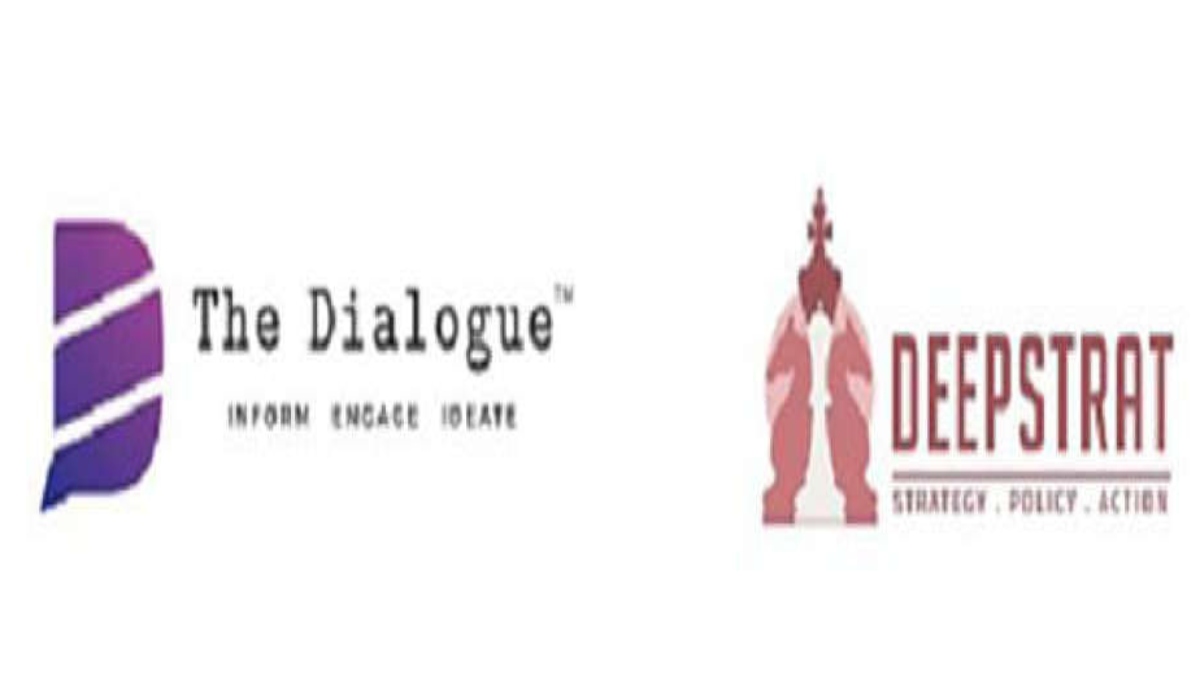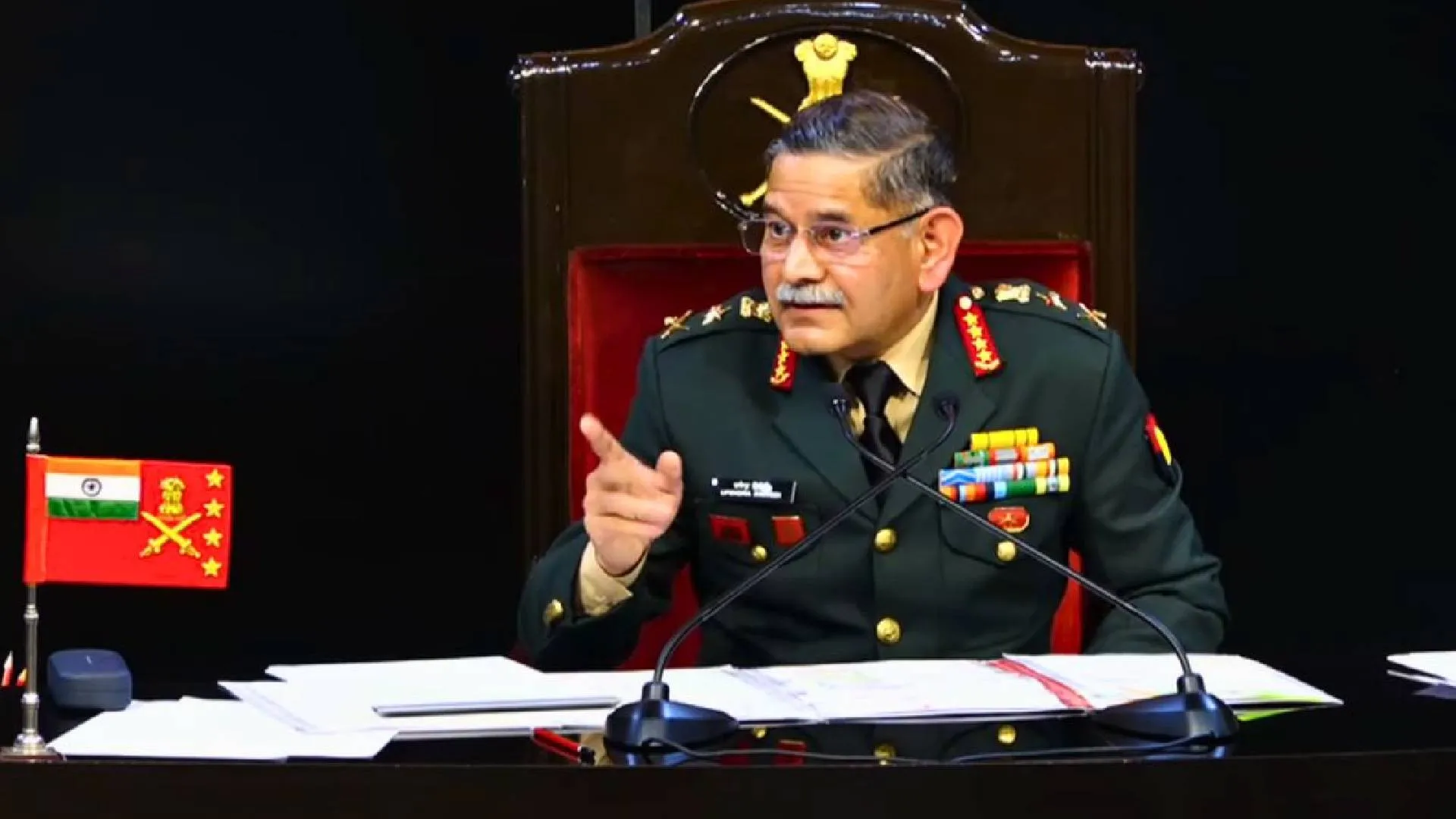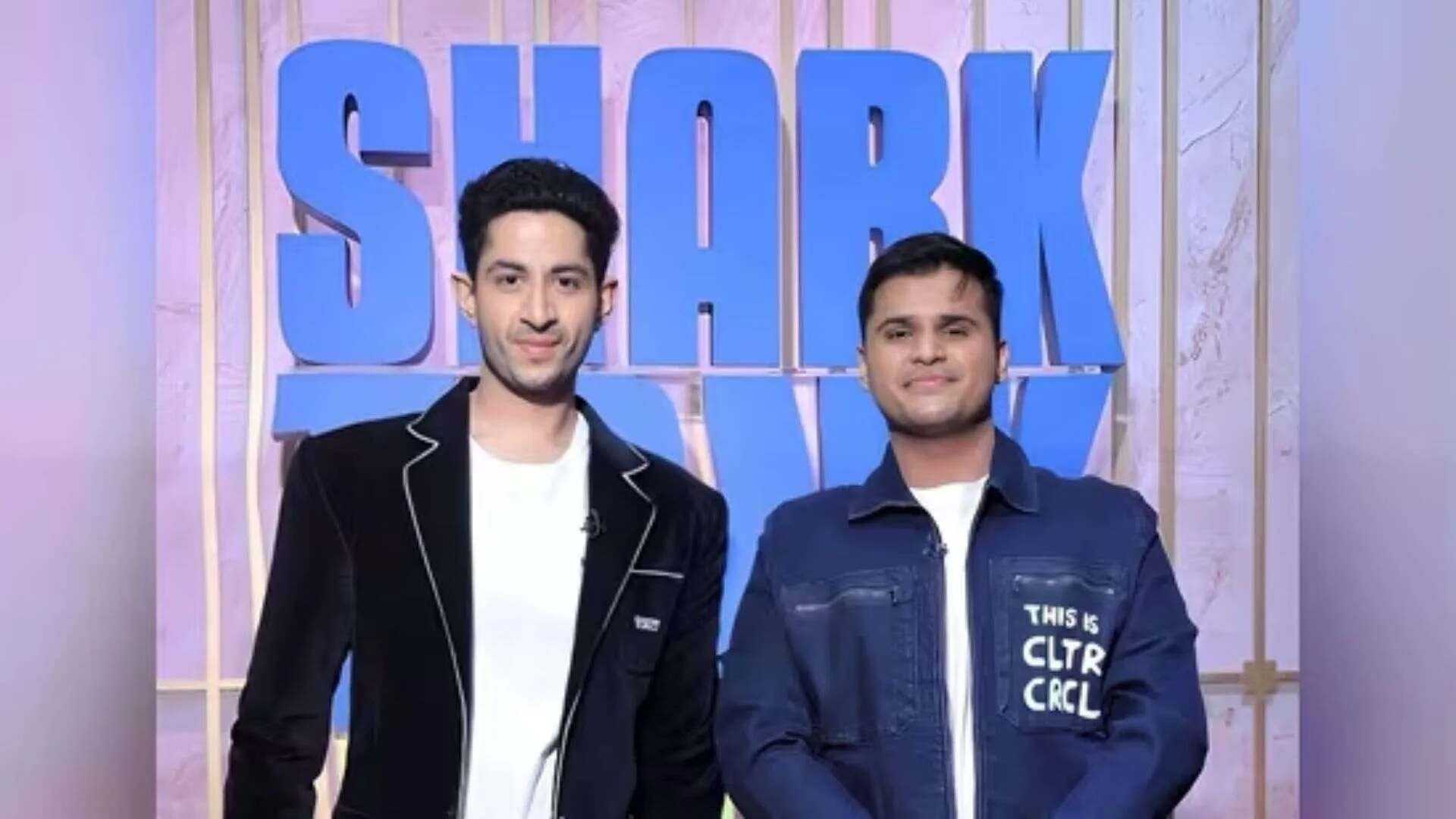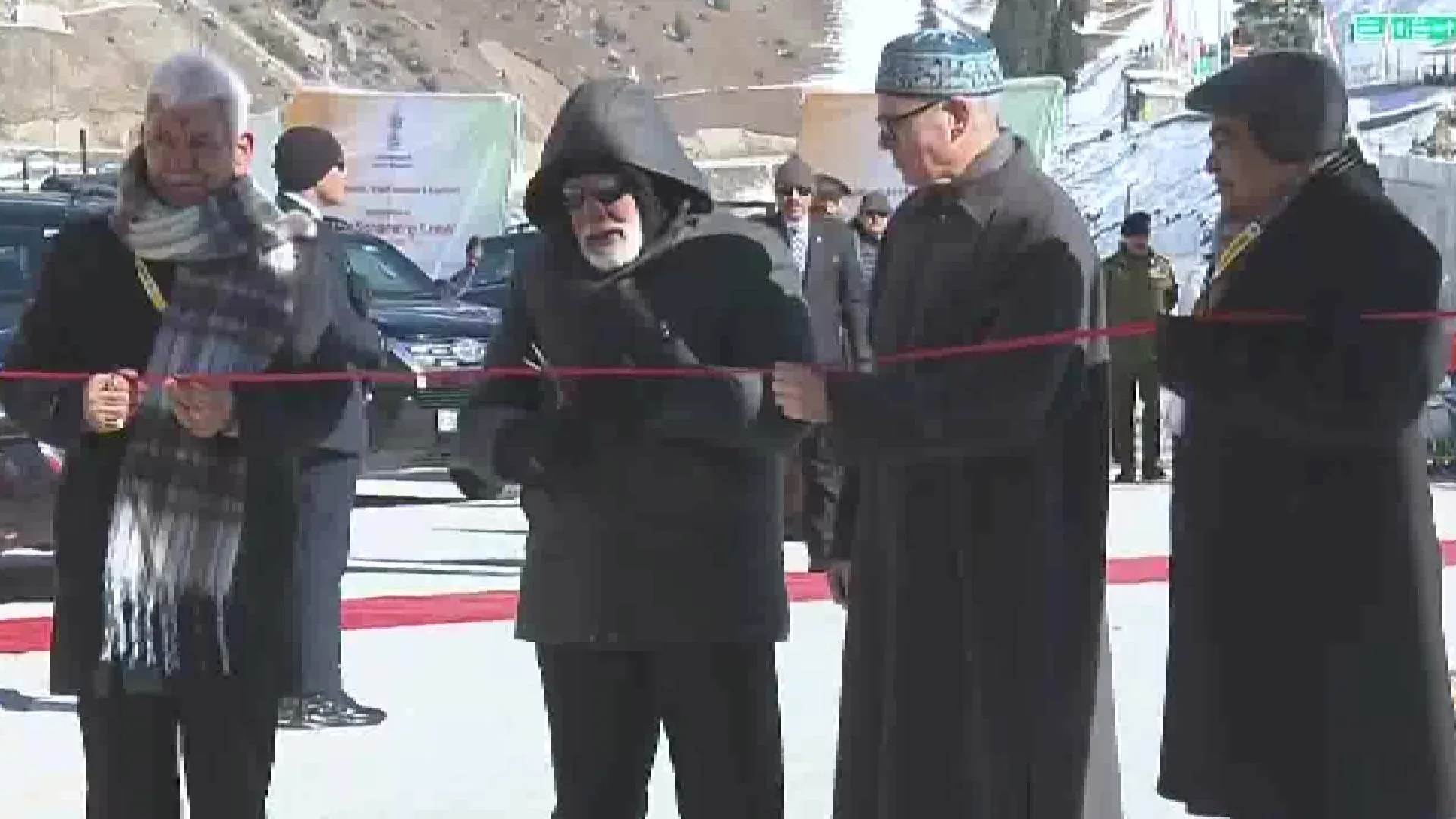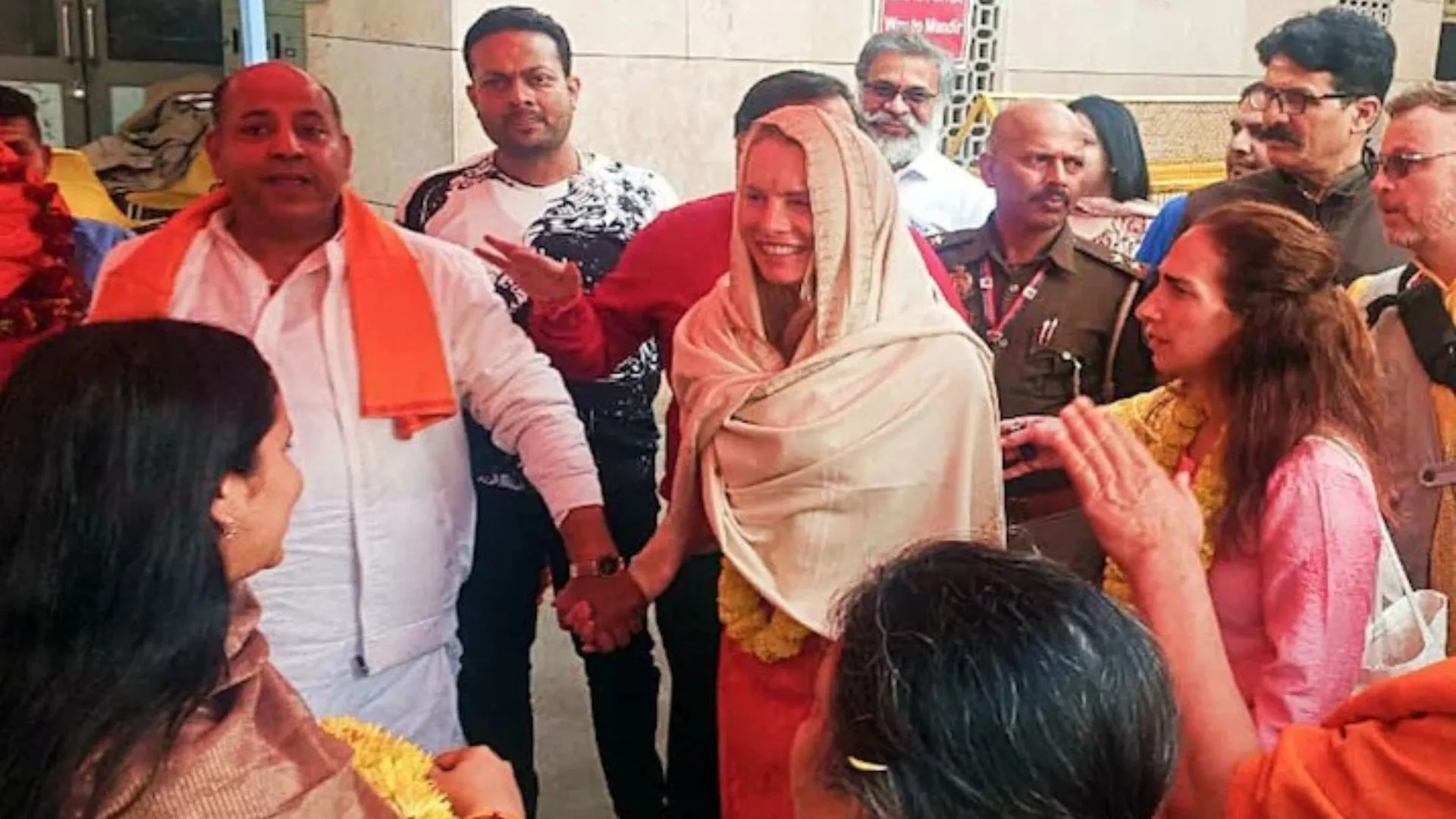The Dialogue, a Delhi based Tech Policy think tank, in partnership with DeepStrat a Delhi based think tank and strategic consultancy, hosted a virtual workshop ‘Decrypting Encryption’.
The workshop was aimed at analysing the technical and policy aspects of the encryption debate in India. The workshop was led by Professor Dr Sandeep Shukla who teaches Computer Science Engineering at IIT Kanpur and Anand Venkatanarayanan who is a respected cybersecurity researcher and a Strategic Advisor at DeepStrat.
The experts after detailing on the functional aspects of encryption technology explained why backdoors to end-to-end encrypted platforms will not fulfil legitimate
State objectives but will lead to more cybersecurity challenges for the users and national security threats for the State.The experts further discussed why the arrangement proposed by Professor Dr V Kamakoti before the Madras High Court and Hashing proposal envisioned in the IT Rules 2021 to catch savvy criminals on encrypted platforms is infeasible and will lead to more challenges than they seek to resolve.On receiving questions on the efficacy of the proposal submitted by Professor Dr V. Kamakoti before the Madras High Court, Dr Shukla explained that this proposal is not implementable as it is replete with false positives. Any savvy criminal can easily spoof this arrangement to either protect himself or to implicate innocent citizens.Dr Shukla added that end-to-end encryption includes ‘cryptographic deniability’ at its core.
This entails that every recipient can be confident that they have received a message from an authenticated sender yet none can prove who the sender is.
Accordingly, any metadata tags that are associated with a message as proposed by Professor Dr V. Kamakoti, it cannot be attributed to any specific individual with certainty and would fail to fulfil the evidentiary burden of proof in a Court.

